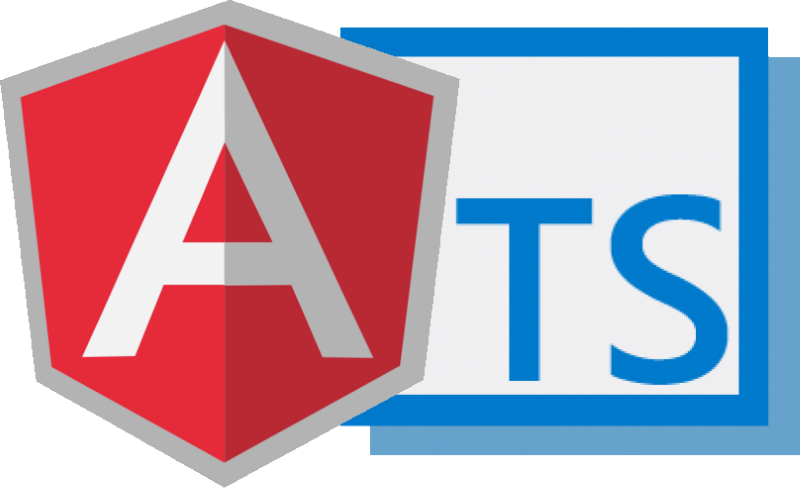In TypeScript, literals allow us to specify a set of exact values that a type can have in it’s lifespan. We can assume a literal as it as an ‘enum’ which is a named group of constants of given type.
Literal types can be of 3 types:
stringnumberboolean
1. Literal Type Syntax
Use ‘pipe’ symbol between different allowed values for a given type literal. For example, below given code is for an string literal.
type myVar = "value1" | "value2" | "value3" | "value4"; type AppStatus = "ACTIVE" | "INACTIVE" | "ONHOLD"; type countMe = 1 | 2 | 3 | 4 | 5; type result = true | false;
2. Working with Literal Types
To understand better, let’s see how we can use a string literal and how we cannot.
-
Variable Assignment
We can assign only one of the allowed values to the literal type variable. Else it will be compile time error.
type AppStatus = "ACTIVE" | "INACTIVE" | "ONHOLD"; let currStatus: AppStatus; currStatus = "ACTIVE"; //OK currStatus = "DELETED"; //Error - Type '"DELETED"' is not //assignable to type 'AppStatus'
-
Function Parameter
We can pass only one of the allowed values to literal type argument to a method. Else it will be compile time error.
type AppStatus = "ACTIVE" | "INACTIVE" | "ONHOLD"; function showMe(currentStatus: AppStatus): void { console.log(currentStatus); } showMe('ACTIVE'); //OK - Print 'ACTIVE' showMe('DELETED'); //Compile time Error
Happy Learning !!


Comments